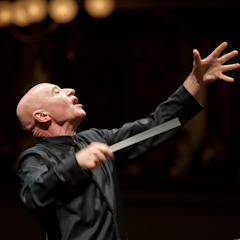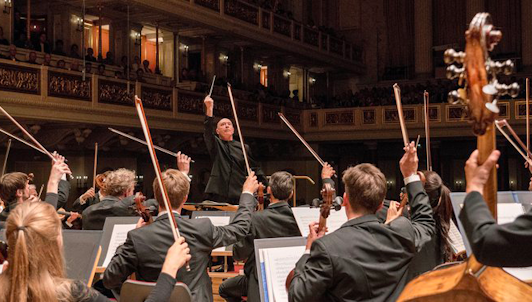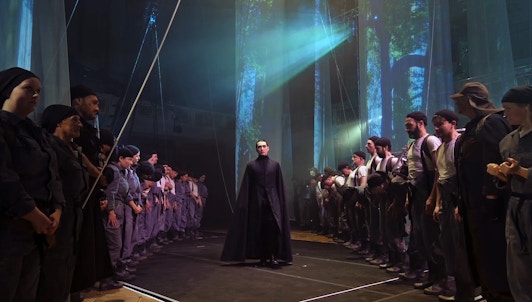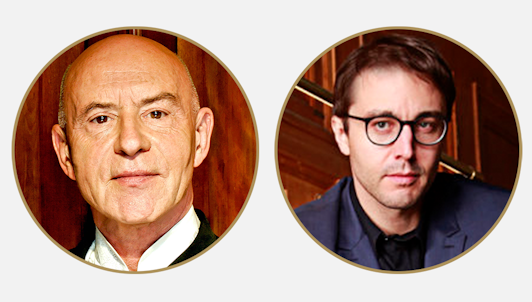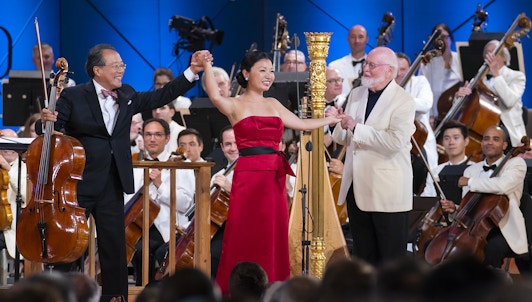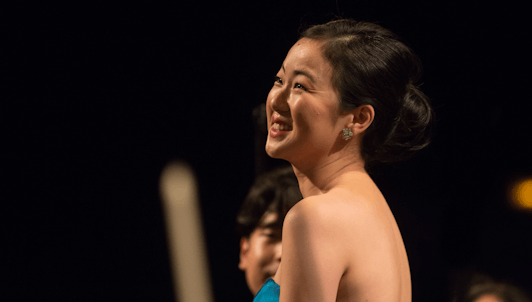Before turning to conducting, Mr. Eschenbach had already earned a distinguished international reputation as a concert pianist. He began winning major competitions at the age of 11, and by 1965 he was established as the foremost pianist to emerge from post-war Germany.
In 1969 he made his United States concert debut with George Szell and the Cleveland Orchestra. In a testiment to his prowess as a soloist, Philips chose Eschenbach as one of 100 pianists to be featured in their Great Pianists of the 20th Century series. Christoph Eschenbach learned the art of conducting from George Szell, who personally took him as his protégé and worked with him for over three years. In addition, Herbert von Karajan was his mentor for nearly 25 years, and Mr. Eschenbach credits him as a key influence on his development as a conductor.
Mr. Eschenbach made his conducting debut in Hamburg in 1972, followed by his United States conducting debut with the San Francisco Symphony in 1975, and his opera conducting debut with a 1978 production of Verdi's La Traviata. He made his Philadelphia Orchestra debut as a pianist in 1973 and, in 1989, conducted the orchestra for the first time.
He was named principal guest conductor of the Tonhalle Orchestra of Zurich in 1981, serving as chief conductor from 1982 to 1986. Additional posts include music director of the Houston Symphony (1988-1999); chief conductor of the Hamburg NDR Symphony (1998-2004); music director of the Schleswig-Holstein Music Festival (1999-2002); and music director of the Ravinia Festival, summer home of the Chicago Symphony (1994-2003).
Among Mr. Eschenbach's honors are the title of Commander of the Order of Arts and Letters in France presented by French Culture Minister Renaud Donnedieu de Vabres (June 2006), the Légion d'honneur presented by French President Jacques Chirac (October 2002), the Officer's Cross with Star and Ribbon of the German Order of Merit (August 2002), the Commander's Cross of the German Order of Merit for outstanding achievements as pianist and conductor (1993), and the Leonard Bernstein Award (1993), presented to him by the Pacific Music Festival, where he served as co-artistic director from 1992 to 1998.
